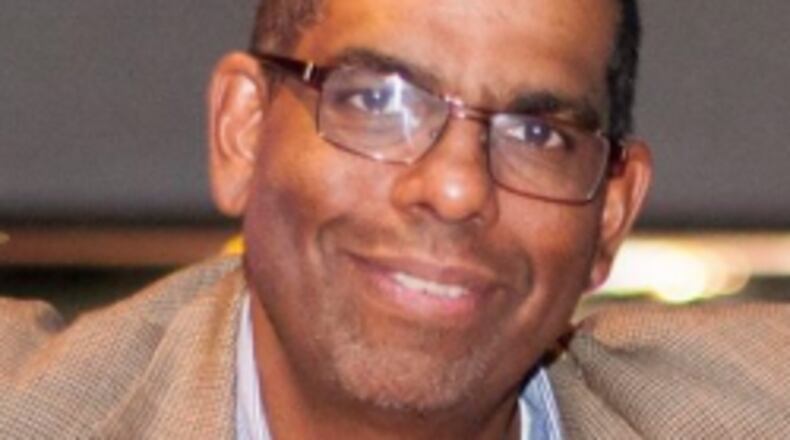Through self-segregation, we have become a society that only clusters with others who support our beliefs, while dismissing those who don’t. Sure, we often socialize with people of different views but think of those interactions. They tend to consist of tedious pleasantries without engagement on any serious topics.
Today, it’s a lot easier for people to create their own world that makes them feel safe and secure while keeping “those people” — the ones that share a different view — out.
How did we get here?
Wendy Dragon of Wright State University noted that just two generations ago, Americans had far fewer TV media choices — generally, ABC, NBC, CBS, and maybe PBS. We heard the same voices deliver information in a fact-based way. Walter Cronkite was the most trusted man in America. In 1976, 72% of Americans trusted the media, according to Gallup.
Today, we have an untold number of content providers who use instantaneous analytics to determine what people want and give them more — even if it’s not true. (As a refresher, I distinguish between reliable news sources that provide fact-based reports and content providers who often use their platforms to advance a specific agenda).
Getting us to believe isn’t hard, given our lack of attention span. One study estimates Americans spend as little as 24 minutes a day on all news across all platforms. Some 55% of consumers spend less than 15 seconds on web pages they visit. Worse, nearly 6 in 10 people will share a social media headline without clicking on it. That’s a real problem when you consider the percentage of sites sharing unreliable content (false or misleading) more than doubled in 2020, according to a study by Newsguard.
“There’s just so much information vying for attention, which means we leave out a lot of the depth and nuances,” said Dragon, an associate professor of psychology at Wright State. “It’s not only that we consume different news, but then we consume different opinions about the news.”
That’s one of my constant themes. Americans do a poor job of discerning opinion from news and use that opinion to frame their own set of beliefs they then turn into fact.
“We don’t think beyond the headlines or one opinion piece that comes from somebody who thinks a lot like us or comes from the same place politically or ideology,” Dragon said. “So we may not even know the actual fact of the situation. We know what somebody else thinks from their reading of the facts of the situation.”
We know that there are some people who are masters at manipulating information and getting people to buy into conspiracies. For example, 53% of Republicans, according to IPSOS, have bought into the election fraud conspiracy theory and think Trump is the real president.
So these people self-segregate into groups that believe Americans not vaccinated against COVID-19 will be sent to quarantine camps; or that Amazon will allow the CDC to enter homes with Alexa-enabled door locks to inject anti-vaxxers while they sleep. (Both of these stories are from the satire site The Stonk Market; the first went viral).
People are going to believe what they want, facts be damned. But creating your own self-segregated world of falsities hurts us all. We’ll have a harder time coexisting if we only engage with people who think like us. If you really believe, for example, that police departments should be defunded, and all you do is exist in that echo chamber, how can you even consider that just 18% of Americans agree with that view?
“It is problematic that we can’t talk to each other, that somehow we’ve lost the ability,” Dragon said.
By in large, we have. I’m grateful for those of you who disagree with something I write and take the time to email me and challenge my assumptions. I’ve only (so far) received one hostile email, and I consider that a victory. Everyone else has been willing to respectively express their views on issues like Black Lives Matter, critical race theory, equality and social justice, the topics I write quite a bit about.
In today’s environment, I fear that exchange is in the minority and will become harder to come by.
“I wish we could be just a little more comfortable being uncomfortable,” Dragon said, “feeling comfortable talking to somebody who doesn’t agree with you. It’s OK to listen to their point of view.”
Wouldn’t that be something if we could get there?
Ray Marcano is a long-time journalist whose column regularly appears on these pages.
About the Author
